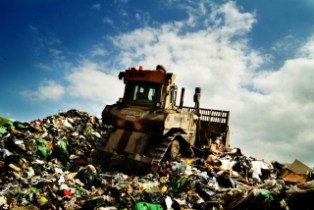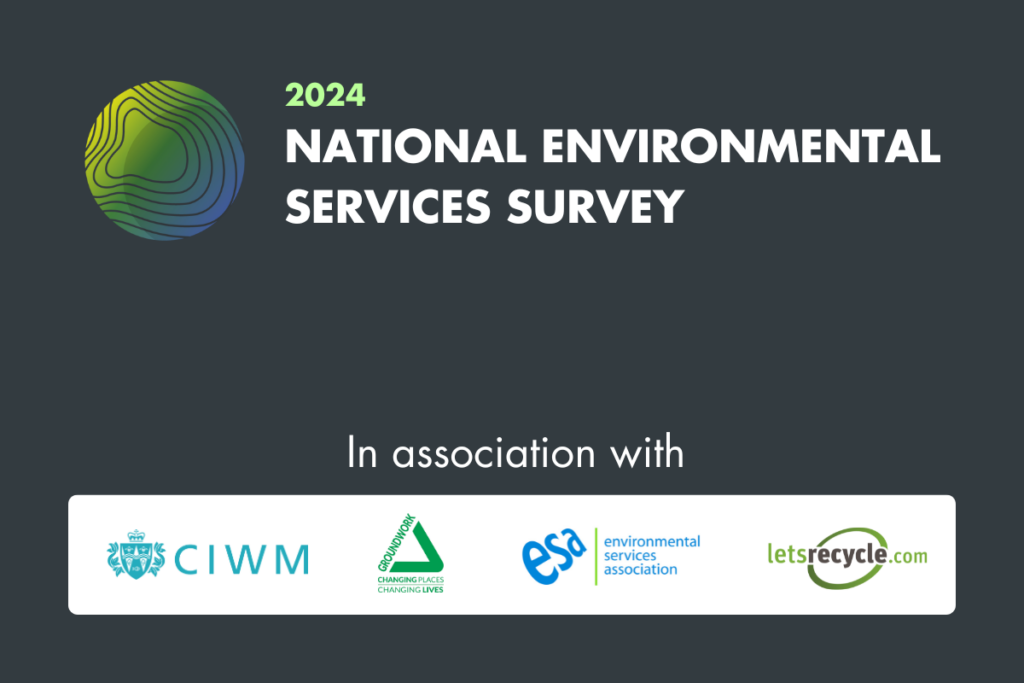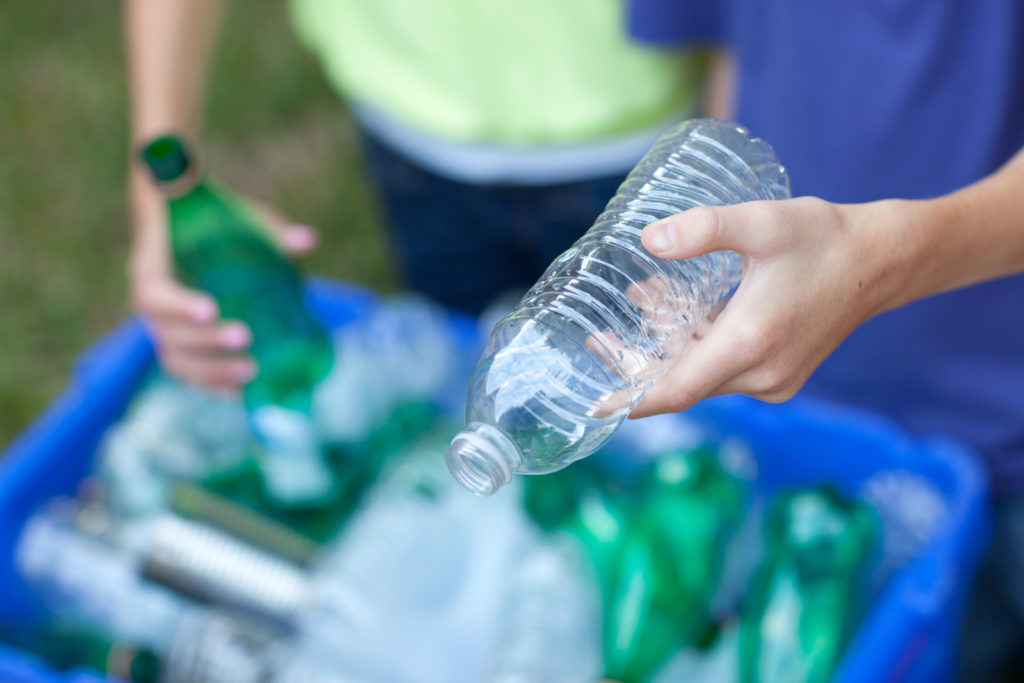In a joint position paper, recyclers – including the Confederation of European Paper Industries, European Man-made Fibres Association, Eurometaux,Eropean Plastics Recyclers, Eurofer and European Plastics Converters Association – have put forth a number of policy proposals which they say are needed to optimise recycling industries contribution to a resource efficient Europe.

These include: better enforcement of the Waste Shipment Regulation with a view to curbing illegal exports of waste; a call for separate collection at source of paper, metal, plastics and glass by 2015 and a call for the European Commission to propose a ban on landfilling of recyclable waste.
Improved
According to the group, Europe has come a long way to improve recycling rates and reduce landfilling of waste. But, they say that more can be achieved.
The group says that recycling industries currently face a number of challenges including:
- Insufficient and contradictory policy support for closing the loops
- Subsidies for the use of recyclable and renewable material for energy recovery
- Insufficient recyclability requirements for converted products
- Suboptimal end-of-life collection schemes
- Shortage of secondary raw material due to exports to non-European countries partly due to illegal shipments of waste
- Lack of level playing field worldwide
- Technological hurdles to recycle increasingly complex products
- Landfilling of recyclable waste
- Inconsistencies in legislation in the field of waste, products and materials
Exports
It adds that the challenges for different recycling sectors are multiple, but says that the massive exports of secondary raw materials outside the EU is a threat to everyone.
The paper notes: Secondary raw materials exported outside the EU represent not only a loss of the material (often poor efficiency of the recovery process with regard to the intended raw material) but also a loss of the embedded energy: producing new products based on virgin/primary materials only is, in general, more energy consuming hence impacting negatively on the EUs climate and energy goals.
The recyclers claim that exports are facilitated by strong demand for resources from emerging markets; relatively cheap east bound shipping costs; substandard environmental management of recycling processes outside of Europe; insufficient control of borders and lack of quality of the collected materials.
Policy
To increase recycling rates in Europe, the group recommends the following full list of policy changes:
- Call for a sound implementation and enforcement of existing legislation.
- Call for better enforcement of the Waste Shipment Regulation with a view to curbing illegal shipments of waste. The work of Impel and customs authorities should be supported, e.g. through a distinction of second-hand goods and new goods.
- Call for separate collection at source of paper, metal, plastics and glass by 2015 for all Applications.
- Call on the European Commission to propose a ban on landfilling of recyclable waste.
- Call on the European Commission to include recyclability criteria for the product groups covered by the eco-design directive today and product groups that might be covered in the future.
- Call for actions to ensure that pre-processing and recycling takes place in efficient facilities rather than in sub-standard facilities to achieve material quality.
- Call on the European Commission to stimulate producer responsibility and explore new concepts or tools in full cooperation with the stakeholders concerned so as to avoid a shift in impact and ensure that the instrument delivers.
- Call on the European Commission to investigate the substantial subsidies given by some third countries, such as China, to secondary raw materials using companies with respect to their compatibility with WTO rules and take appropriate measures.
- Remind that requirements such as recycled content should be considered cautiously as a general tool, as they may lead to inefficiencies in the supply chains. However, they can be an effective tool in specific sectors.
- Call for a recycling strategy aiming at recycling secondary raw materials with the highest material quality and efficiency and close to the source when appropriate.
- Call for effective recognition of the benefits of recycling in other policies than waste policy, such as the energy policy.
- Call for adjustment of policies and legislation to avoid inconsistencies hindering recycling.
The paper concludes: Recycling is a key driver for resource efficiency. To optimise recycling in Europe from our current levels, targeted policies are needed. The proposals listed above would enable the European industries using secondary raw materials to recycle even more, thereby supporting the full value chains, closing the recycling loops and contributing to the EU 2020 targets and the objective of a resource efficient Europe.










Subscribe for free